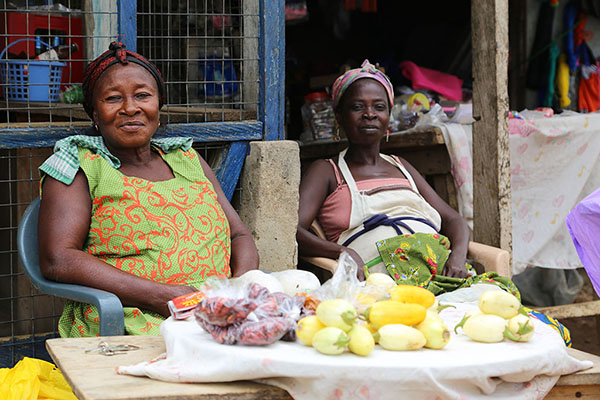Improving wheat production and food sovereignty in Tanzania
2,000 small agricultural holdings are expected to sign up to the extensive farming programme.


Amsons Industries Limited is a family-owned company that was established in 2012 in Tanzania to diversify the Amsons Group, whose main business operations were historically focused on trading petroleum products and transportation. In 2014, the company diversified into providing wheat storage services to third parties, initially with four large silos with a total capacity of 8,000 tonnes each. Subsequently, under the trade name Camel Flour, the company set up its own wheat mill with a total capacity of 150 MT/day, which commenced operations in October 2017.
Wheat supply
After one year of successful operation of its wheat mill, and to cope with the growing demand for wheat flour in Tanzania and neighbouring countries, Camel decided to expand its milling capacity by setting up a second mill with a capacity of 350 MT/day. While Tanzania had a very dynamic wheat production sector several decades ago, this is not the case today. Camel now has a new plant and has increased its total wheat milling capacity to 500 MT/day.
Local farmers
Initially, Camel was able to source 19,000 tons from 35 smallholder farmers (20 to 200 hectares each) and two large farmers (over 200 hectares each). Until now, the relationship with the farmers involved a contract farming model, whereby Camel guaranteed a purchase at an agreed price, with partial support for seed supply and advice. Thanks to the AATIF, Camel has further explored the opportunity to develop a formal farming scheme based on small local farms. An external consultant has been hired to design a formal outsourcing plan that will be able to meet the company’s demands for the coming season.
This strategic investment by the AATIF has helped to create employment opportunities and provide local added value. In addition, the new plant will provide a large consumer market for local wheat farmers, while helping to strengthen food security in the region. The AATIF is also collaborating with the company in its ongoing initiative to source more wheat locally and to support farmers in improving the quality of the local wheat crop.

